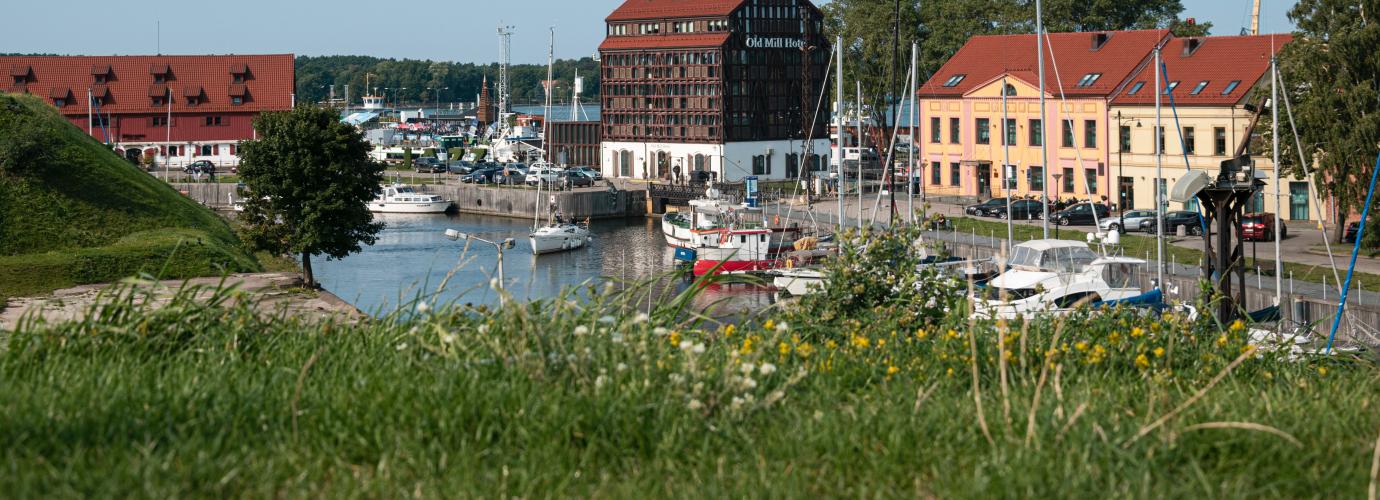2025
No reforms.
2024
Recognition of professional qualifications acquired abroad
On 12 June 2024, this procedure was updated to cover the recognition of vocational training qualifications, in addition to the recognition of higher education qualifications obtained abroad, already in place. Lithuanians who have graduated and worked abroad, or foreigners who arrive, will no longer have to re-train for competences already acquired to succeed in employment, apply for certain positions, salary categories or indeed, continue their studies in a Lithuanian vocational training institution or higher education institution. Until now, each employer or training institution has been free to decide on the recognition of a specific vocational qualification acquired abroad, and there has been a lack of unified state supervision.
2023
Individual Learning Accounts system
A digital education platform, the Individual Learning Accounts system, was launched last December as a “one-stop shop” for learning and competences development for adults. On the platform, learners will have their own individual accounts and will be able to access funding for learning in the areas of national priority. As much as 50% of the public funding will be allocated to programmes that develop digital competences. The State will also fund programmes to improve adult literacy, multilingualism, maths, engineering, learning to learn and other competences. Those who complete the training will receive digital certification. Adults who choose the prioritised programmes will be able to receive a learning basket worth €500. The Learning Basket will be available to people aged 18–65 who are in employment and who have already obtained a qualification or higher education.

